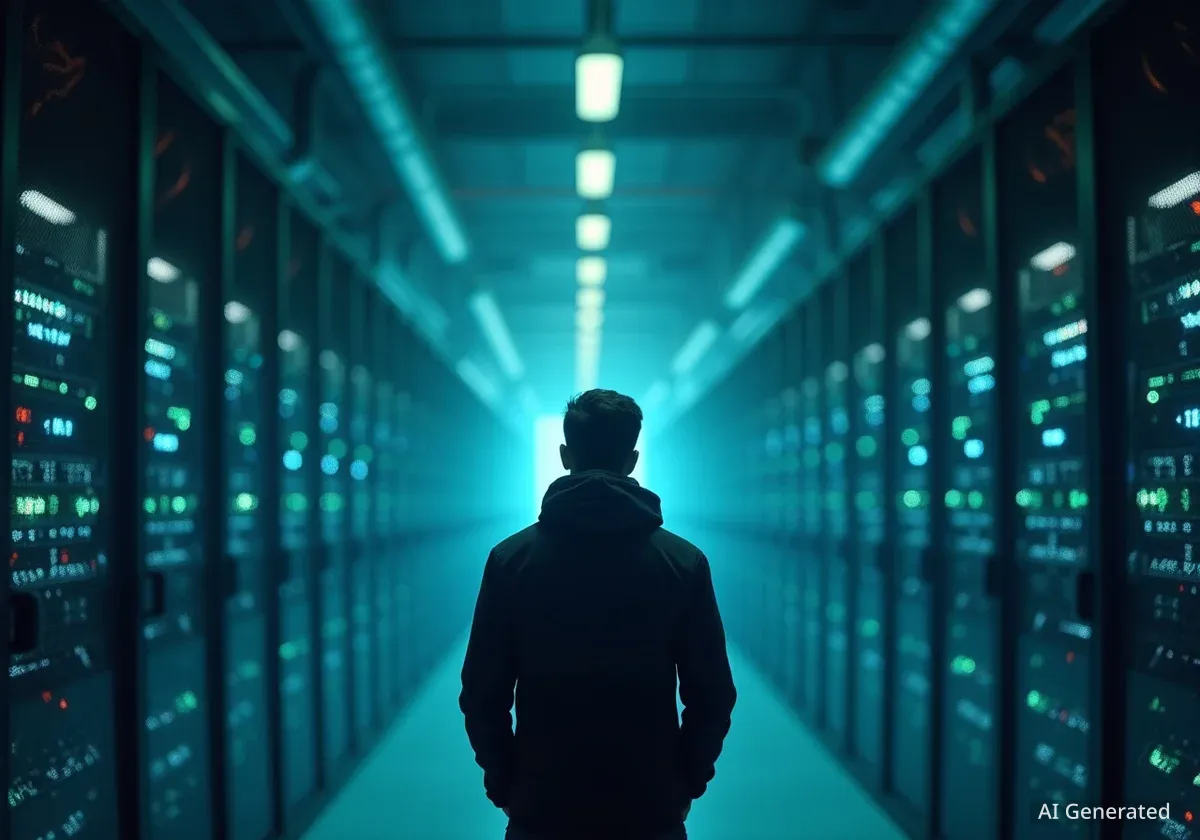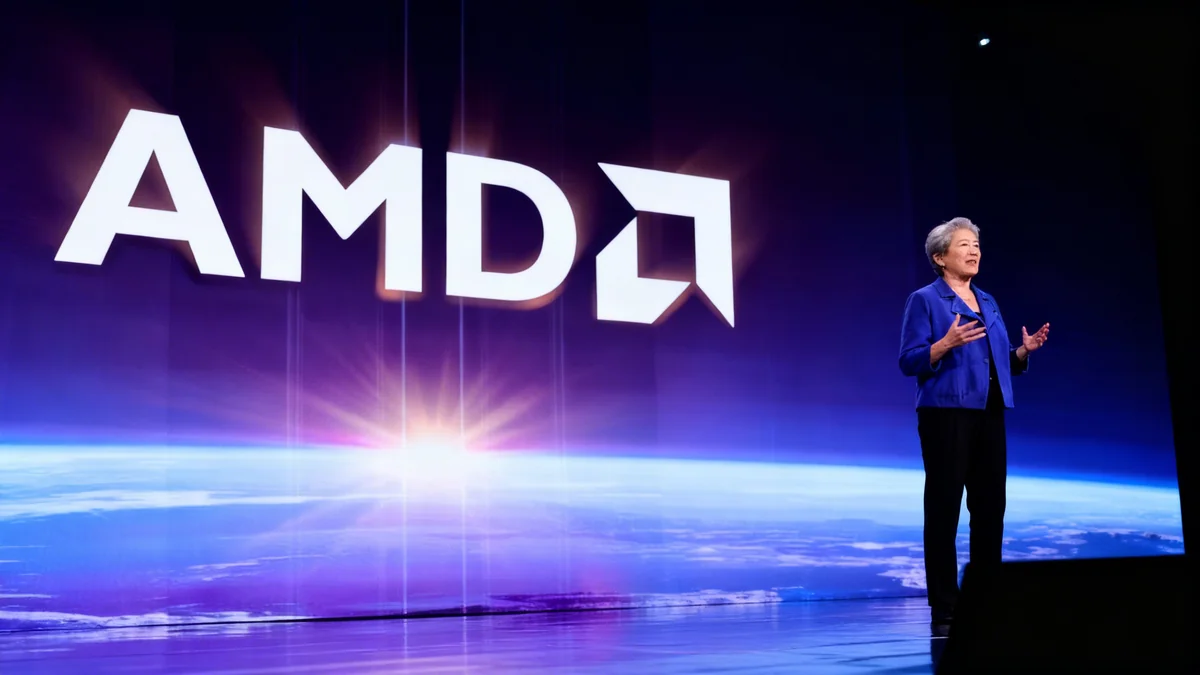U.S. technology companies are investing enormous sums of money and time into artificial intelligence development. This intense focus mirrors a modern-day Manhattan Project, aiming to achieve superintelligence ahead of global competitors, particularly China. The rapid advancement of AI technology is creating a widening gap between those directly involved in the industry and ordinary Americans, a divide that could significantly shape future political discourse.
Key Takeaways
- U.S. tech companies are pouring billions into AI development.
- Concerns are rising over AI's potential impact on job markets.
- The gap between AI insiders and the public is growing.
- China's AI capabilities are narrowing the technological advantage of the U.S.
The AI Investment Surge
The scale of investment in artificial intelligence is unprecedented. Major AI companies are burning through vast amounts of capital, driven by a desire to bring human-exceeding intelligence into existence quickly. This expenditure reflects a high-stakes competition where the future of technology and global power is perceived to be at stake.
This aggressive spending, however, is not without its critics. Senator Bernie Sanders, an AI skeptic, has voiced concerns about the societal implications of such rapid technological shifts. Even Elon Musk, a prominent AI architect and optimist, echoes some of these warnings, particularly regarding the future of employment.
"This is an enormously transformational moment," Senator Bernie Sanders stated in a recent interview, highlighting the profound changes AI is set to bring.
Investment Snapshot
- AI companies are spending "unfathomable money" to accelerate development.
- The aim is to achieve superintelligence in a short timeframe.
Job Market Disruptions on the Horizon
A significant concern arising from AI advancements is its potential impact on employment. Both Sanders and Musk have warned that AI-powered robots could soon displace a substantial number of jobs, leading to calls for new economic models, potentially even a system where workers are compensated for not working.
This is not merely a hypothetical fear. Internal discussions at major corporations like Amazon have explored replacing human roles with robots as sales increase. Reports suggest this could mean hundreds of thousands of jobs that Amazon might not need to create in the future, signaling a profound shift in labor needs.
Entry-Level Positions at Risk
The threat extends particularly to entry-level, white-collar jobs. Dario Amodei, CEO of Anthropic, a leading AI firm, has warned that up to half of all entry-level white-collar positions could be eliminated within five years. Such a scenario could push unemployment rates as high as 20%.
Historical Context
Throughout history, technological advancements have often led to job displacement, followed by the creation of new types of jobs. However, the speed and scope of AI's potential impact are raising unique questions about the future of work.
The Widening Economic Divide
As AI companies attract massive investments, a growing disparity is emerging between those directly benefiting from the AI boom and the general public. Individuals deeply involved in AI development, employees of these firms, and investors are seeing significant gains. Meanwhile, most Americans, who are not major stock market investors and certainly not privy to private AI company investments, are feeling different economic pressures.
Many outside the AI sector are currently experiencing increased prices for essential goods and services, such as energy. Simultaneously, finding employment, especially for recent college graduates entering the job market, is becoming increasingly difficult. This creates a stark contrast between a booming tech sector and a struggling broader economy.
Economic Disparity
- Ordinary Americans face higher prices and tougher job markets.
- Entry-level job prospects are particularly challenging for recent graduates.
The Geopolitical AI Race
Beyond domestic economic concerns, the rapid progress in AI is also highlighting a critical geopolitical competition. The unexpected rise of Chinese AI models, such as DeepSeek, is forcing the United States to reassess its technological advantage. Experts suggest that the global AI race is evolving into a new form of Cold War.
Success in this competition, according to legal and innovation experts, will largely depend on which country can develop and maintain the most significant lead in artificial intelligence. This makes the current investment and development efforts not just an economic endeavor, but a matter of national security and global influence.
"We are in a new form of Cold War, and that war will be won by the country that can develop and maintain the greatest lead in artificial intelligence," states Robin Feldman, director of the AI Law and Innovation Institute at UC Law.
The Policy Response
Despite the growing concerns from both industry leaders and politicians, the legislative response in the U.S. has been relatively muted. While figures like former Trump AI czar David Sacks have pushed back against what he calls "Doomer narratives," Congress has largely remained on the sidelines, observing the rapid developments without significant regulatory or policy interventions.
The lack of a unified or proactive policy approach leaves many questions unanswered regarding how the U.S. plans to manage the societal and economic shifts brought about by advanced AI. The stakes are incredibly high, touching upon employment, economic equity, and international power dynamics.





